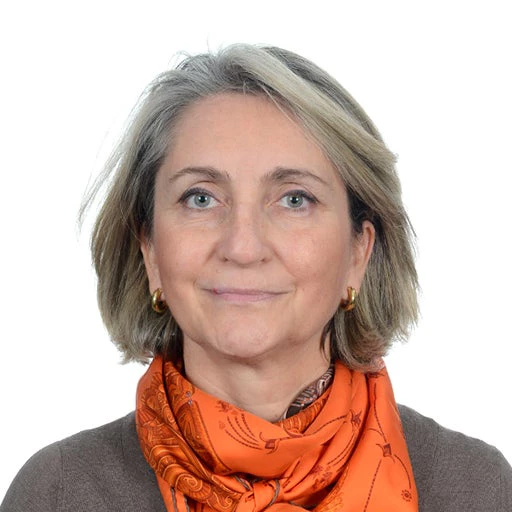
This blog post is a part of the International Open Access Week blog series.
The World Bank is committed to transparency and accountability and welcomes opportunities to explain its work to the widest audience possible. Openness promotes engagement with stakeholders, which in turn, improves the design and implementation of projects and policies, and strengthens development outcomes.
Today two of my fellow archivists from the World Bank Group Archives – Sherrine Thompson and Ann May – and I highlight how researchers at the Global Health Governance Programme are using the Bank’s Archives to improve the effectiveness of international health organizations. Researchers from this Programme have visited the Archives’ Reading Room and explored historical records from the Population, Health and Nutrition Sector, records from the Office of the President, records of Sr. Demographer K.C. Zachariah, and records relating to specific health projects. We asked them to share how they benefit from open access within their context.
 Prof. Devi Sridhar of the Global Health Governance Programme said, “Our team is investigating the influence of the World Bank in global health over the past 40 years. The [Archives] team at the Bank have been generous with their time: explaining the various resources available, supporting our individual research projects and putting great effort to enable access within the Bank’s access to information policy.”
Prof. Devi Sridhar of the Global Health Governance Programme said, “Our team is investigating the influence of the World Bank in global health over the past 40 years. The [Archives] team at the Bank have been generous with their time: explaining the various resources available, supporting our individual research projects and putting great effort to enable access within the Bank’s access to information policy.”
Janelle Winters, a PhD student at the University of Edinburgh, documented her visits to the WBG’s Archives in a two part video blog. In an inviting way, she shares her firsthand experience with the Bank’s records and discusses how they benefit her research, which included reading the oral history transcripts of Thomas Blinkhorn and Bruce Benton, two staff who were deeply involved in the Bank’s work to address onchocerciasis in the early years. Winters says, “The World Bank Archives have a wealth of sources on global health history, which could benefit many health history projects. My doctoral research, which focuses on the hallmark Onchocerciasis Control Programme, would not be possible without being able to understand the perspectives of Bank staff who worked on health projects from the 1970s-2000s. …During my past and upcoming trips [to the Archives], I will have viewed photographs, videos, memoranda, letters, draft reports, and other highly relevant documents. I plan to use these diverse historical documents to gain perspective on how success is defined in global health - which will hopefully provide a small bridge between the often entirely distinct fields of health policy and history. The World Bank Archives are essential to bridging this type of gap.”
Another Wellcome Trust Fellow, Genevie Fernandes, said, “access to archived files such as memos, correspondence files, and strategy reports, from the World Bank’s Archives in Washington D.C have helped to address key research questions and also map-out potential respondents for qualitative interviews.” Fernandes consulted Bank records related to maternal and child health; some of which included project records for the P010531 India Reproductive and Child Health Project, and the articles and speeches of George Zaidan from 1960-1970.
Dr. Marlee Tichenor explained that access to the Archives helps “better contextualize key moments in the history of the World Bank's work in global health monitoring and the ways the World Bank's work impacted health systems performance in Senegal.” Two particular things that Tichenor studied were records related to the P035615 Senegal Community Nutrition I Project and the 1993 World Development Report Chronological File.
The stories above show that access to the Bank’s Archives enables researchers to uncover the past successes and failures of the institution, further their work, and leverage the Bank’s knowledge and lessons through time for the benefit of people around the world.
Those interested in consulting the Archives of the World Bank are urged to contact us via the Access to Information website.


Join the Conversation